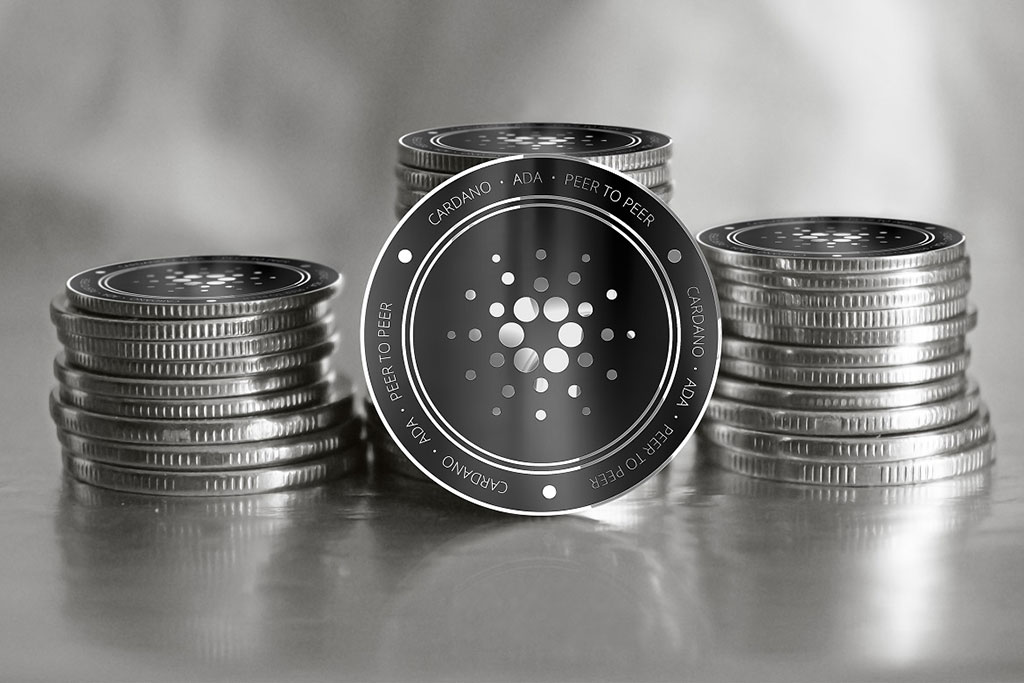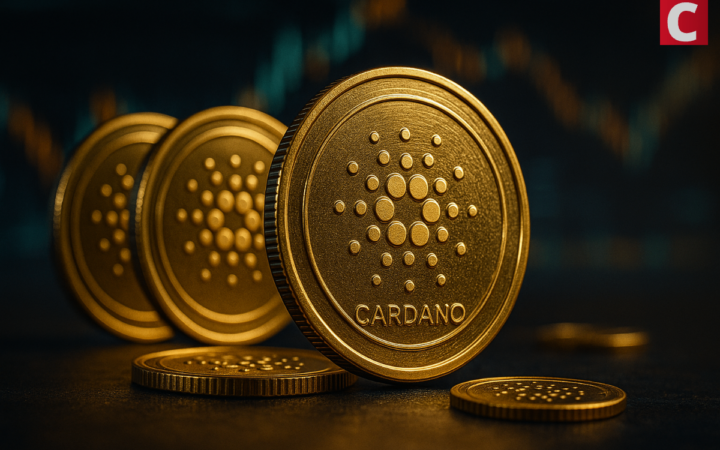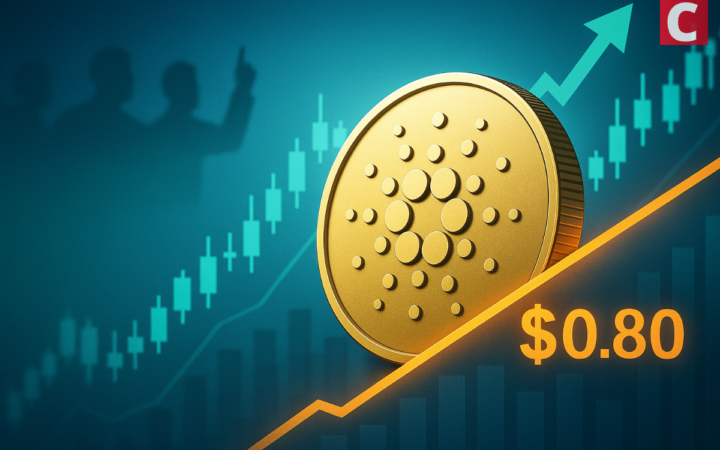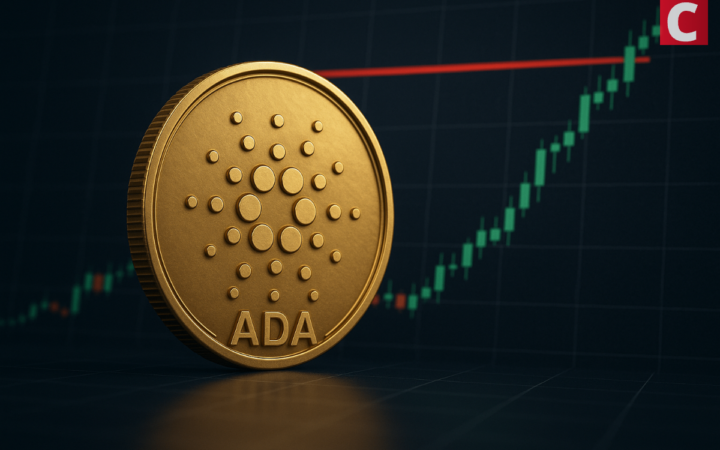
With over 3 years of crypto writing experience, Bena strives to make crypto, blockchain, Web3, and fintech accessible to all. Beyond cryptocurrencies, Bena also enjoys reading books in her spare time.
The Chang upgrade marks the beginning of the Voltaire Era, the final phase of Cardano’s current roadmap.
 Edited by Julia Sakovich
Updated
2 mins read
Edited by Julia Sakovich
Updated
2 mins read

Cardano, a proof-of-stake blockchain created by Ethereum co-founder Charles Hoskinson, is preparing for its most important upgrade in two years. Known as the Chang hard fork, this upgrade, scheduled for September 1, is a crucial move toward Cardano’s ultimate aim of allowing its community to govern itself.
The magic of deadlines is that people who aren't taking upgrades seriously suddenly say damn we got to get moving. When they get moving, we converge quickly.
— Charles Hoskinson (@IOHK_Charles) August 23, 2024
It looks like Binance and a few others need more time to get their houses in order, so the rocket is going to wait on…
Although the initial release was set for this week, Hoskinson announced a brief delay to give cryptocurrency exchanges like Binance more time to update their systems. He jokingly referred to the pressure of meeting deadlines, emphasizing the urgency for stakeholders to complete their preparations.
The “Chang hard fork” upgrade follows Cardano’s 2021 introduction of smart contracts. Despite ranking 30th on DeFILlama‘s DeFi tracker, Cardano maintains a strong interest in the crypto space. Hoskinson’s engaging personality and frequent media appearances contribute to this continued attention.
A hard fork, in blockchain terms, signifies a major alteration that renders previous versions incompatible. While potentially contentious, meticulously planned hard forks, like Chang, often deliver substantial benefits for users and developers. Here, the focus is on empowering the Cardano community through on-chain governance features.
ADA holders, the native token of Cardano, will be granted the power to elect representatives (Delegate Representatives or dReps) and participate in voting on crucial proposals. This includes improvements to the network and future technical modifications.
The Cardano Foundation, the primary organization supporting the blockchain, emphasized in a blog post:
“This will mark the first step towards a minimum-viable community-run governance structure outlined in CIP-1694.”
In simpler terms, the Cardano community will hold the reins in shaping and maintaining the blockchain network.
CIP-1694, the Cardano Improvement Proposal behind the Chang upgrade, sets the stage for varied governance structures in the Cardano ecosystem. These include the Constitutional Committee, dReps, and Stake Pool Operators (SPOs). With the implementation of CIP-1694, these groups will guide the direction of the Cardano blockchain.
The Chang upgrade marks the beginning of the Voltaire Era, the final phase of Cardano’s current roadmap. According to the Cardano Foundation, Voltaire introduces the final pieces needed for the Cardano network to become self-sustaining.
This self-governance model, enabled by the Chang hard fork, allows the Cardano community to actively shape the network’s future, promoting a more decentralized and community-driven environment.
Disclaimer: Coinspeaker is committed to providing unbiased and transparent reporting. This article aims to deliver accurate and timely information but should not be taken as financial or investment advice. Since market conditions can change rapidly, we encourage you to verify information on your own and consult with a professional before making any decisions based on this content.

With over 3 years of crypto writing experience, Bena strives to make crypto, blockchain, Web3, and fintech accessible to all. Beyond cryptocurrencies, Bena also enjoys reading books in her spare time.




